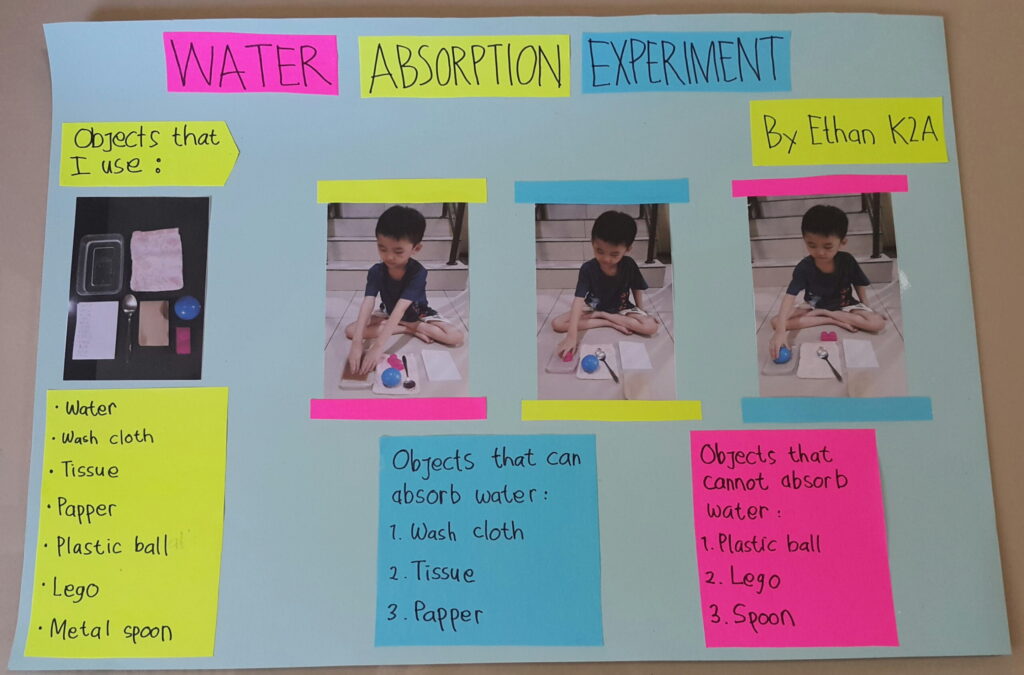By: Kindergarten teachers
 Children are naturally inquisitive, full of questions about the world around them and the drive to investigate how things work.
Children are naturally inquisitive, full of questions about the world around them and the drive to investigate how things work.
The Benefits of Early Years Science Education
- It can foster a lifelong love of science
Children are programmed to explore and experiment right from the start, even as babies. We can nurture and establish a positive approach to science education that will stay with them into the future. - It gives a basic grounding in scientific concepts and scientific thinking
Even the very simplest activities can introduce children to scientific concepts and stimulate scientific thinking. By encouraging and directing their natural curiosity, and familiarizing them with basic scientific vocabulary, we can help children begin to make sense of the world around them, and gain some understanding of how things work. - It supports the development of other skills and attributes
Science education activities provide children with opportunities to develop and practice many different skills and attributes. These include communication skills, collaborative skills, team working and perseverance, as well as analytical, reasoning and problem-solving skills.
The overall goals of science education are not just to create a nation of the world-renowned prize-winning scientist, but to ensure that we are a nation that grasps the basic relevance and usefulness of all the sciences for the protection of our living and non-living environments.
Science education during early childhood can be done simply by provoking children’s thinking by raising searching and speculative questions rather than interrogatory ones are discussed. For example, to probe the thinking of a young child who indicates and enthusiastically reports that she has seen some ice cubes have melted, we could ask, in a casual way, something like “any ideas about how that happened?” rather than “What made the ice cubes melt?”
The latter probing type of question is more likely to engage young children in trying to think of possible solutions and answers to the question rather than attempting to guess the answer the adult is waiting for.
We teach K2 students about absorption in Science class. They learn more about absorption by doing their own experiment at home. By doing experiment, they can explore and discover which objects can absorb water and can’t absorb water. Then, they take a note and make poster about it.
In doing the experiment, the process is more important than the results. Although it’s really valuable for the children to gain some scientific understanding along the way, finding the ‘right’ answer should not be the topmost objective. It is important to develop their critical thinking, raising questions, observations and coming to conclusion. The main goals are to channel their curiosity, and to foster their investigative skills.
Source:
https://www.firstdiscoverers.co.uk/science-education-early-childhood/
KC Trundle, M Sackes. Research in Early Childhood Science Education. 2015. Springer.



